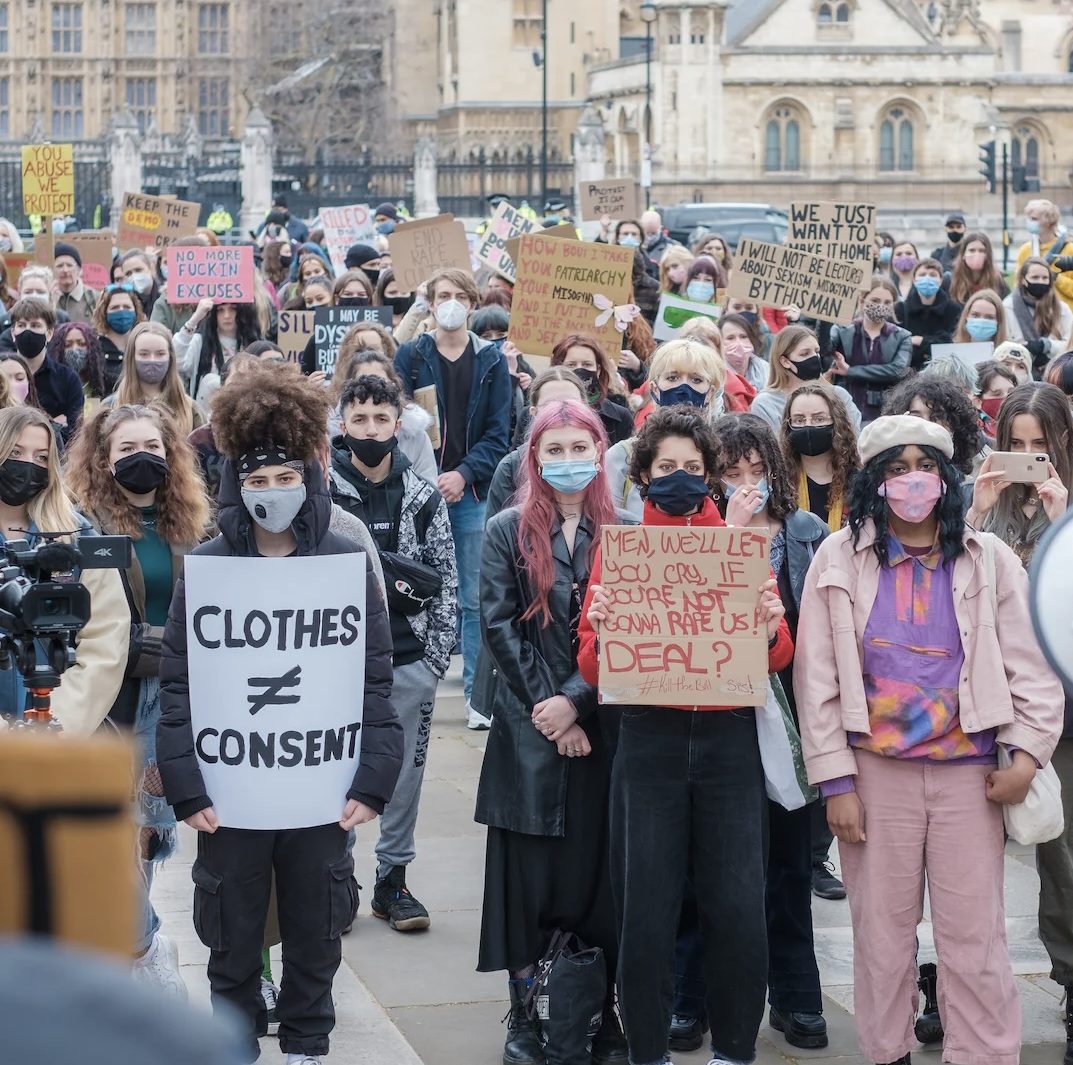The Swiss parliament voted on Monday to significantly broaden the country’s narrow definition of rape. It now includes all sex without consent. But there is still a long way to go.
The lower house of Switzerland’s parliament approved the ‘Only yes means yes’ consent bill, which calls for explicit consent during sex. The current Swiss law only considers forced vaginal penetration, met with a certain level of resistance by the woman, as rape. Switzerland, like many other countries, defines rape as forced sex involving violence, threats or psychological pressure. Similar rules apply in many countries including China, Russia and France. These countries follow the ‘no means no’ approach, which considers only a person’s explicit objection as rape. This means that in certain situations, unless a person specifically defends themselves, law will charge the aggressor with “sexual harassment” rather than “rape”.
The Swiss branch of Amnesty International praised Monday’s vote in a statement. They said, “a huge success after years of political activism by activists defending the rights of women and victims of sexual violence”.
But many of the right-leaning members of parliament opposed that option. They insist it would create confusion and will be difficult to put into practice. Both chambers will have to find a compromise before the process can continue. The subject will then likely be presented to a popular vote, as permitted by the Swiss system of direct democracy.
An increasing number of countries have adapted their laws to define rape as sex without consent – even if there is no use of force. In Spain, the penal code was adjusted in accordance with the Istanbul Convention, which strives to combat violence against women. This agreement by the Council of Europe requires penalties for sex without consent. In Spain, a specific case reignited the debate surrounding stricter rape laws. A group of men sexually assaulted a young woman, filmed the crime, and distributed the video via Whatsapp. Although the men openly boasted about their crimes, they got off with relatively light punishments. The victim hadn’t fought back physically, so the assault didn’t count as rape.
In India, Explanation 2 to Section 375 of the Indian Penal Code describes consent as “an unequivocal voluntary agreement when the woman communicates a willingness to engage in the specific sexual act through words, gestures, or any other means of verbal or nonverbal communication.” However, rape laws are gender specific, so the perpetrator of the offense can only be a man.




